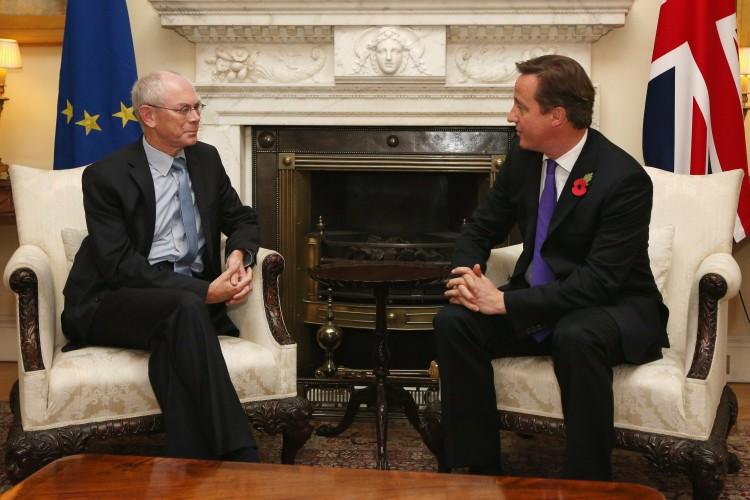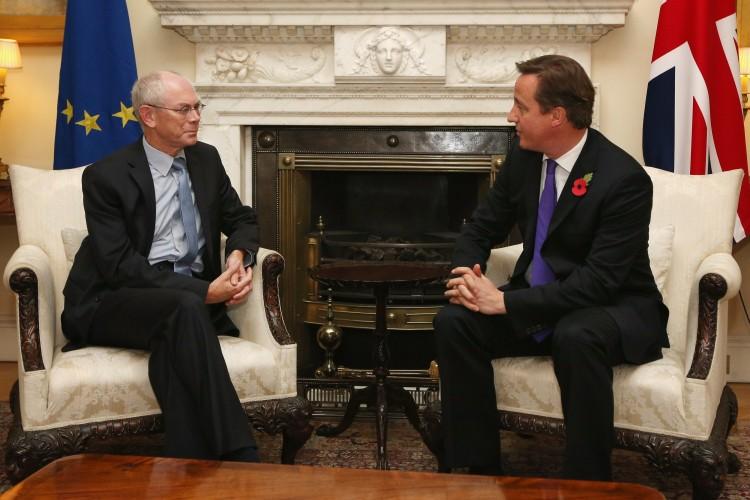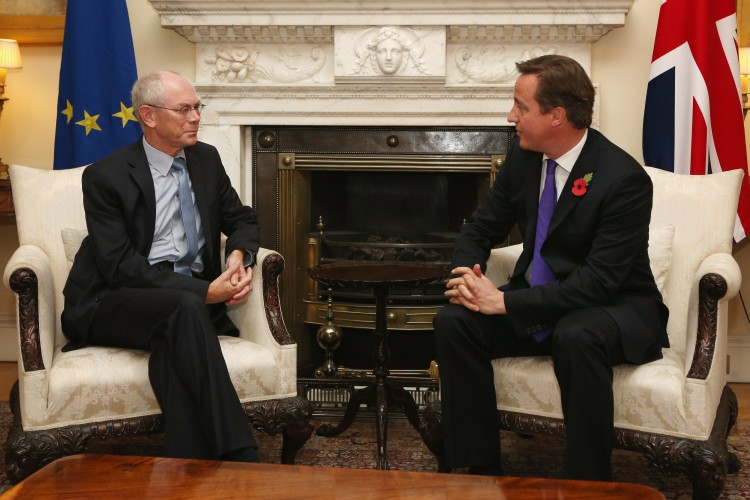Congress takes long to reach agreements, as the fiscal cliff comes to mind. Yet compared to the European Union, which failed to agree on Greece and a budget last week, Congress operates at lightning speed.
Marc Faber, the legendary Swiss investor said in May, “I do not have a high opinion of the U.S. government, but the bureaucrats in Brussels make the government in the U.S. look like an organization consisting of geniuses.”
Congress still has to find an agreement to prevent the so-called fiscal cliff, a host of automatic measures to decrease spending and increase taxes, which could put the economy back in recession.
In contrast however, Faber’s words seem to be right on the money when looking at last week. The EU failed to first reach an agreement on Greece and then did not manage to ratify a budget for the coming years—all within one single week.
Greek Debt Unsustainable, Countries Disagree on Solution
First, it was the European finance ministers’ turn. They got together on Nov. 20 and were supposed to rubber-stamp the payment of $40 billion of Greek aid by Nov. 21.
Earlier, the Greek government had agreed to comply with most of the demands that the creditor institutions, also known as the Troika, had put forward. Now it was the creditors’ turn to pay out the next tranche of bailout money that would keep the country from defaulting again in December.
Blaming “technical” problems, the group of European finance ministers led by Luxemburg’s Jean-Claude Juncker, agreed to reconvene Nov. 26.
At the heart of the matter, however, lies the fact that Greece’s debt is unsustainable and will have to be cut again. This is not news to the marketplace and it seems that EU bureaucrats are catching on. An internal paper seen by Reuters outlines that Greece will not be able to reach the official debt-to-GDP target of 120 percent by itself.
In order for Greece to reach that target, creditor institutions would have to forgive some of the debt that Greece owes to individual European nations, the European Central Bank, or the International Monetary Fund. In the previous debt restructuring, only private creditors had to take losses on Greek debt holdings.
Negotiators were scrambling to find a painless solution and could not agree who would foot the bill in the end. Proposals such as cutting the interest rate on bilateral loans or buying back Greek debt at depressed prices will ultimately not be enough of a relief.
EU 2014–2020 Budget Talks Fail
After the finance ministers could not agree on Greece in the middle of last week, it was the heads of states’ turn to disappoint last Friday.
“There’s no need to dramatize: these budget negotiations are so complex they generally take two goes,” was EU President Herman Van Rompuy’s interpretation on the failed talks. The complexity is probably the reason the EU only holds these talks every seven years and stems from the fact that budgets need to be approved unanimously by all of the 27 member states.
The next seven-year budget, which the EU calls Multiannual Financial Framework, was supposed to include spending of $1.30 trillion, or $186 billion per year. In total, $104 billion should have been saved compared to the previous budget.







